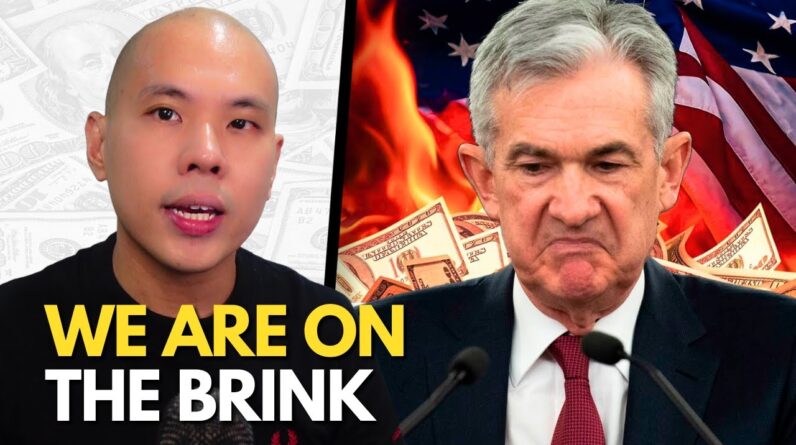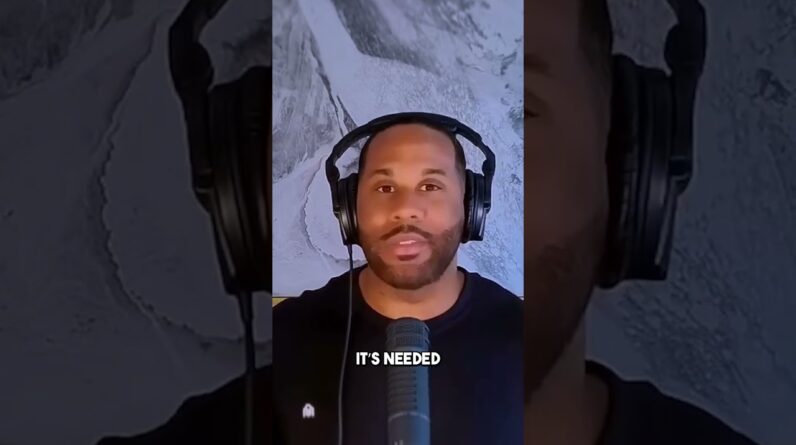Germany has issued an urgent warning to Russia, signaling that it is time for the latter to retreat amidst the economic crisis plaguing the European Union. The gravity of the situation has prompted Germany to take a strong stance, emphasizing the need for Russia to reassess its actions. As tensions continue to escalate, Germany’s call for Russia to step back and reevaluate its course of action is becoming increasingly imperative.
Germany’s Urgent Warning to Russia: “Time to Retreat” Amidst EU’s Economic Crisis
Introduction:
Amidst the European Union’s economic crisis and Germany’s internal challenges, Olaf Scholz, the German Finance Minister, issued an urgent warning to Russia during the G20 virtual summit. Highlighting the dire state of Germany’s economy and Europe’s overarching economic stagnation, Scholz called for Russia to withdraw from Ukraine and alleviate the tensions that exacerbate the already fragile situation. This article aims to explore the context of Scholz’s plea and shed light on the economic challenges faced by Germany and the EU.
- Germany’s Struggling Economy:
a. Contracting Economy: Germany’s once-thriving economy is now contracting as a result of various factors such as energy costs, manufacturing downturn, and reduced domestic demand. As a consequence, the European Commission expects Germany’s GDP to shrink by 3% for the entire year, reflecting the severity of the economic crisis.
b. High Energy Costs: Germany faces high energy costs, primarily due to its transition towards cleaner and renewable energy sources. While this transition is necessary for environmental sustainability, it has imposed a financial burden on businesses and consumers alike, hindering economic growth.
c. Manufacturing Crisis: The backbone of Germany’s economy, its manufacturing sector, is facing a significant setback. The manufacturing output has declined, leading to loss of employment opportunities and reduced exports. This crisis subsequently impacts both Germany and the EU.
- Collapsing House Building and Housing Crisis:
a. Loss of Confidence: Germany’s struggling economy has resulted in a collapse of house building, leading to a housing crisis. This crisis further undermines confidence in the economy and discourages both domestic and foreign investments.
b. Budget Crisis and Limited Spending Power: Due to the economic downturn, Germany is currently facing a budget crisis, limiting its ability to spend its way out of the crisis. Despite the urgent need for financial stimulus, the country is left with limited options to revive the economy.
c. Rising Borrowing Costs: Germany’s borrowing costs have increased, intensifying the debt burden on an already stagnating economy. This exacerbates the challenges faced by businesses, individuals, and the government, further hindering economic recovery.
Conclusion:
In the midst of the European Union’s economic crisis, Germany finds itself grappling with significant challenges, rendering the country’s plea to Russia for withdrawal from Ukraine even more urgent. The struggling German economy, marked by contracting GDP, high energy costs, and a collapsing house building sector, demands immediate attention and resolution. As Germany confronts a budget crisis and rising borrowing costs, it faces limited options to stimulate its economy. It is crucial for the European Union and Germany to find sustainable solutions to navigate this economic crisis and restore confidence in their economies.
FAQs:
-
Is Germany the only country in the EU facing economic stagnation?
No, Germany is not the only EU country facing economic stagnation. Several EU member states are grappling with economic challenges, but Germany’s economic situation is of particular concern due to its position as Europe’s largest economy. -
How will Russia’s withdrawal from Ukraine impact Germany’s economy?
Russia’s withdrawal from Ukraine would alleviate tensions and contribute to stability in the region. This stability has the potential to positively impact Germany’s economy by reducing uncertainties, restoring confidence, and fostering a conducive environment for economic growth. -
What measures can Germany take to revive its struggling economy?
To revive its struggling economy, Germany can focus on targeted fiscal stimulus measures, investing in infrastructure projects, promoting innovation and research, incentivizing domestic spending, and forging stronger partnerships with other EU member states for collaborative economic recovery. -
How does the housing crisis in Germany affect the overall economy?
The housing crisis in Germany undermines confidence in the economy, negatively impacting both domestic and foreign investments. Additionally, it contributes to social challenges, including increased homelessness and a lack of affordable housing options for the populace. -
How can the EU collectively address the economic crisis?
To address the economic crisis, the EU can implement coordinated fiscal measures, promote structural reforms, foster closer economic integration among member states, and bolster investment in key sectors. A cohesive and collaborative approach is essential for navigating these challenging times.










